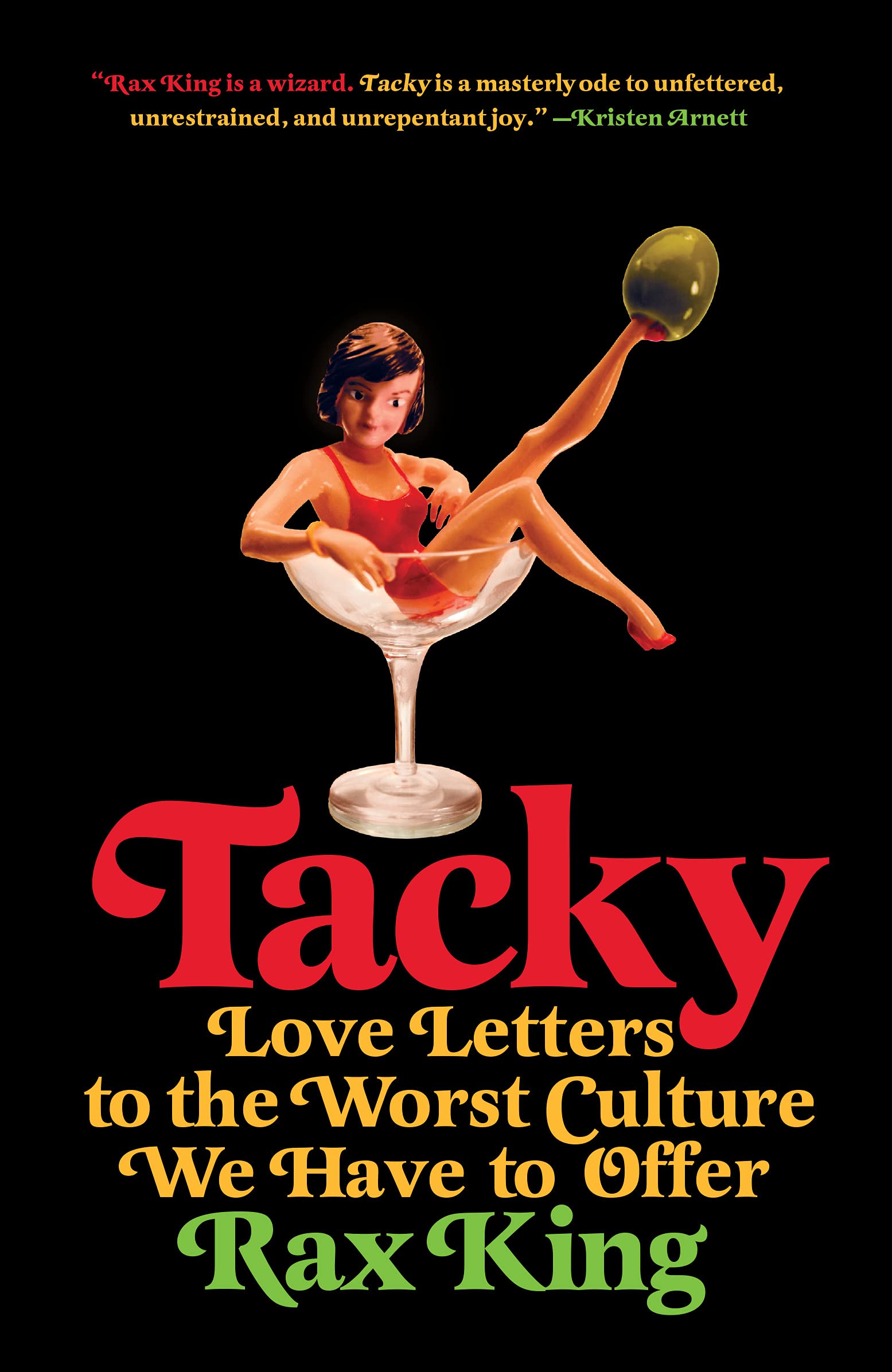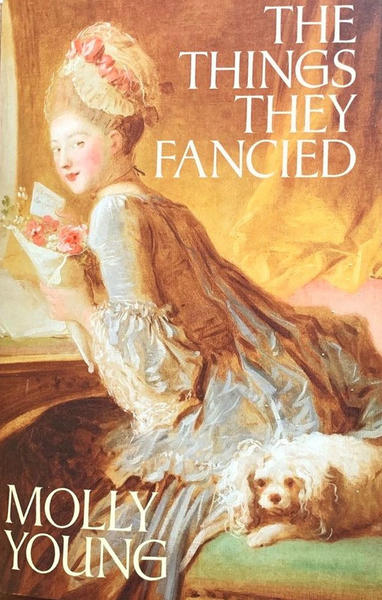With summer near its end, our staff has suggested some books to take with you over the Labor Day weekend, and beyond.

Back in 2012, the New York Times Book Review asked me to review Panorama City, Antoine Wilson’s second novel. As it happened, my second book had just appeared in paperback, and that, I figured, had entered into the editors’ calculus. I was given twelve-hundred words to work with, which translates into a full page of space—a vast amount of media real estate. Confessedly, the task made me tremble. What if I didn’t do the book justice? It also seemed consequential to review a potentially up-and-coming writer’s sophomore effort. Speaking of a writer’s responsibility to review her peers, Lorrie Moore, in her introduction to her nonfiction collection See What Can Be Done, likens it to jury duty. The one and only time I ended up serving on a jury, I was voted foreperson. In a first degree murder trial.
The good news: not only was Panorama City excellent but so, too, was Wilson’s first novel, The Interloper, the latter which I read out of conscientiousness and admired for its taut, propulsive conceit. So when the advance reader’s copy of Wilson’s third novel, Mouth to Mouth (January 2022) landed my desk, with back-cover raves from Lauren Groff and Sarah Manguso—contributors, I’ll add, to the Sewanee Review—I placed it on the top of my teetering to-read pile. Because while in the nearly nine years since reviewing Wilson’s book, he and I have neither met nor even substantively corresponded, I confess I have since felt strangely connected to him for no good reason I can logically explain beyond the two-week deep-dive I spent considering his body of work.
Which is exactly what Mouth to Mouth is about—the happenstance and uncanniness of human connection. At least ostensibly. Stranded at JFK and bound for Berlin, our narrator—an unnamed, middle-aged, and (it’s suggested) mid-list novelist—runs into a college acquaintance, a man named Jeff Cook who, by his natty haberdashery, his first-class ticket, and extra pass to the luxury lounge, has done very well for himself; but who also, back when they went to school together, was considered by our narrator to be a sort of guardian angel. Someone of consequence, to him, but for no good reason he can articulate. It reveals an enduring bit of magical thinking for a character who is clearly disappointed with certain aspects of his life, and who is taking this trip as a means of escape from its humdrum toil. (“I didn’t mention that I was traveling on my own dime, hoping to capitalize on a German magazine’s labeling me a ‘cult author.’ Or that I was also taking a much-needed break from family obligations, carving out a week from carpools and grocery shopping to live the life readers picture writers live full-time.”) It also speaks to the mystery that underlies our deep and, at times, instantaneous recognition that certain people we meet, even in passing, will have a deep impact on our lives, and who may even one day reappear in them, as if that first impression also exerted gravitational force. But Cook is not only on business; he also means business. He invites the novelist to join him in the first-class lounge out of seeming generosity, but he has a story to tell. And his interlocutor, it becomes clearer and clearer, is desperate to rewrite his own.
Cook relates a chance encounter in which he happened to save the life of a man, Francis Arsenault, who went into cardiac arrest while out for an early morning swim on a California beach. Cook pulled him from the surf and administered life-saving CPR ahead of the paramedics’ arrival. But this act was anonymous; Arsenault is raced semi-conscious from the scene before thanks can be offered or names taken, and Cook finds himself drawn to learn more about the man he saved. Like our novelist, he is hankering after some impulse he cannot quite name, a desire to either collect on this debt or be nearer to this person with whom happenstance (or fate) literally and briefly conjoined him. Once he learns that Arsenault is an extremely successful art dealer, the novel takes on Highsmithian dimensions. Cook is either too shy or too intimidated or too in thrall or too manipulative to identify himself as Arsenault’s rescuer. He begins to tail the man. Next, he gets a job working for him. He is then taken under his wing, as his mentee and is soon dating his daughter, on his way to becoming a future son-in-law and workplace golden boy. Is Cook an opportunist or a cipher? Is he a changeling, a doppelgänger? Is he asking his novelist-friend to hold a mirror up to his face? Or is he a sociopath, practicing holding his hodgepodge identity together in the presence of a keen audience?
The novel raises all sorts of questions about how we succeed in late-capitalist America, how even our most intimate relationships can have, when viewed from a certain angle and in a certain light, a transactional component. And how this is true, too, of the artist, who barnacles himself to a whale of a tale, no matter how far it takes him out to sea.
—Adam Ross, Editor

This Labor Day, there is no better means of spoiling yourself than with the decadence that is Rax King’s Tacky: Love Letters to the Worst Culture We Have to Offer. King’s collection of essays features all the things we know we should hate but somehow just can’t—like Guy Fieri, The Cheesecake Factory, and Sex and the City—and explores their influence on King’s coming of age in the 2000s with honesty and wit. In celebrating America’s Next Top Model or the scent of Bath & Body Works Warm Vanilla Sugar, King rejects the “perfection” of highbrow taste in favor of bold authenticity, however mass-manufactured or corny: “The rules of taste aren’t written anywhere, Susan Sontag’s extensive theorizing on the matter notwithstanding. . . . But we still believe we can discern good taste from bad using our judgement.” King’s willingness to relate the cringiest moments of her teen and young adult years, and to display the intimacies of her most bruising learning moments is both charming and hilarious, as in “Three Small Words,” when King decorates herself with frosted lip gloss, low rise jeans, and sequined lingerie sets for a high school hookup. Only after forming herself into the “perfect sex object” does she realize their “relationship had been founded on the shallowest of sexual aesthetics, and once he’d gobbled them all up there was simply nothing else there.” King is sure to add, however, that even ten years later, he “still drunk-texts [her] sometimes.”
Although it’s difficult to choose favorites, “Loss of the American Shopping Mall” particularly resonated with me, as the essay centers the intricacies of the thriving microcosm every fifteen-year-old creates for themselves within the bright lobbies and vast hallways of their local mall. King notes the power of this setting to transform confused kids into something more:
We couldn’t have felt more tied to each other than while wandering the mall’s floors, smelling each other’s overzealous early efforts at perfume, coveting each other’s outfits and boyfriends. We were spellbound by each other’s human presence. . . . Entering a shopping mall was like walking onto the stage of a great opera.
I vividly remember—both with nostalgia and lingering embarrassment—similar teenage encounters, and how to my peers and me these moments felt like the most important events of our lives. King’s sharp writing expertly reflects popular culture’s impact on the formation of self, offering many of us glimpses of our own personal development. Alongside sexting mishaps and a Hot Topic obsession, King weaves in devastating truths that ground this collection’s interest in surface-level tackiness. Her love for Jersey Shore is entangled with grief over her father’s death, while Sex and the City’s Samantha Jones serves as the basis for a thoughtful examination of womanhood and sexual liberation. “Life is short,” King tells us, “it’s important to attach oneself to the pieces that stick, regardless of whether somebody else believes the stuff is any good.” For—and really, thanks to—all of its tackiness, this collection absolutely sticks.
—Hayden Dunbar, Editorial Assistant

I’m acquainted with the bald facts of Jonathan Franzen: feuding with Oprah Winfrey and Jennifer Weiner, those questionable takes on the legacy of Edith Wharton, his infamous “ten rules for novelists.” So, I say with a sigh: Franzen’s latest, Crossroads—which is the first installment in a trilogy entitled, rather pompously, “A Key to All Mythologies”—is a damn good novel. The last eighteen months have carved away at my psyche, smothering my ability to focus for longer than ten minutes. But Franzen’s narrative approach, where length affords nuance and subtlety, compelled me to read this behemoth in a matter of days.
The Hildebrandt family operates on a dangerous axiom of discontent, one reliant on half-truths and bursts of egomania: Russ, a defunct youth-group leader, wrestles with extramarital lust and wild insecurity; his wife, Marion, struggles beneath the weight of her role as the matriarchal figure and the disturbing traumas from her childhood. Their children, in spite of such domestic strife, seek to press on. Clem grapples with personal conundrums—pertaining to his family, religion, the Vietnam War—as a burgeoning adult; the ever-popular Becky falls in with the hippie crowd; Perry, possessing an absurdly high IQ, suffers from addiction issues as a young teenager. I found myself invested in each characters’ self-interest (for better or worse), and reckoning with their flimsy moral frameworks. Marion deserves the life she hungers for, but what of her children? Clem is morally inclined to fight in Vietnam, yet ignores his fraternal obligation to Becky. As the story moves along—unravels, really—egoistic altruism swallows their lives whole.
Set in a quiet Chicago suburb, the novel is intricately wrought, and it encapsulates the rocky ethos of 1970s America, encumbered by questions of faith, patriotism, and cultural perversion. I understand Franzen’s latest project not solely as an epic tale, but also a severe character study. Franzen’s attention to detail augments the power of each narrative at play, adding texture to even the briefest moments:
It was still coming down heavily when he and Judson ventured out in their rubbers. Judson ran ahead, kicking up sheets and clumps of it . . . watching him fall down and pick himself back up, Perry mourned no longer being small enough that falling didn’t hurt. He no longer even remembered how it felt to have the ground so unthreateningly proximate. Why had he been in such a hurry to grow up? It was as if he’d never experienced the grace of childhood.
Throughout, Franzen demonstrates sheer dexterity in terms of both craft and style, empathy and compassion. Despite its massive length, I promise Crossroads is worth the extra weight in your bag.
—Luke Gair, Editorial Assistant

Never before had I considered the importance of a pineapple’s appraisal, the domestication of squirrels, or even the social implications of smiling in public until reading critic and essayist Molly Young’s zine The Things They Fancied. Featuring eccentric monarchs like Empress Elisabeth “Sisi” at the height of the Austro-Hungarian Empire, the glamour of the Plaza Hotel, and the court of Louis XIV, Young investigates history’s most affluent—“the moneyed class,” as she describes them—and their bizarre habits.
For all of its novelty in exploring the delicacies of the bourgeoisie, Young’s zine isn’t just concerned with the fluff and pomp of her subjects. In seven short essays, she calls attention to the sometimes less-glamorous realities faced by the ostentatiously affluent—from hygienic needs to beauty standards—and even the odd trivialities. For instance, “Ballad of a Squirrel”—a personal favorite—considers how the upper crust of colonial Americans would take considerable measures to sophisticate their pet squirrels: bathing them once a week with “good soap” and accessorizing them with gold chains and engraved collars, “an adorable way,” Young writes amusedly “to broadcast one’s status.”
Though often humorous in their construction, Young’s essays carefully tackle the past’s decadence while also directing the reader to cultural and societal standards that still persist. A reader might see how Empress Sisi would probably be a devotee of a ten-step skincare routine, and one could call Louis XIV an eighteenth-century influencer. For all of their wealth and stature, these figures, inhabited by Young’s sparkling voice, don’t seem entirely too removed from the concerns of the twenty-first century.
If Rax King’s Tacky is a love letter to the Y2K aesthetic, then surely The Things They Fancied celebrates the cornerstones of tackiness from the last five hundred years.
—Jennie Vite, Assistant Editor

We’re unquestionably spoiled by summer in Sewanee. It’s consistently ten degrees cooler on the Mountain, sixty-five miles of trails cut through thirteen thousand acres of forest dotted with springs and falls, and we’ve been (mercifully, luckily) spared the worst of the pandemic and its outlying effects. Sewanee summers are also home to the Sewanee School of Letters and the Sewanee Writers’ Conference, and I’m always grateful for both, but doubly so this year. Even virtual, the School of Letters readings were dynamite (it’s where I first heard Chris Bachelder and Jennifer Habel read from their collaborative novel Dayswork). Hearing Monica Youn read “Detail of the Rice Chest,” which had been in my head since early in this second pandemic spring when I read it in Harper’s, was a revelation. The same could be said of M.O. Walsh and Eduardo C. Corral’s appearances. I was so lit up by their readings I could barely sleep the night after. And I’m calling it now: you’re going to love Morgan Thomas’s Manywhere, which debuts next January, and watch out for bright lights like Vanessa Chan and Kat Lewis, all of whom shared work which rocked me.
And if there’s an upside to the bank account-annihilating bookfair at SWC, it’s being able to spend time with some of the Conference’s participants even after they’re gone. First off my teetering stack was the debut of chanterelle-hunter extraordinaire Benjamin Gucciardi, whose West Portal opens with these lines:
Five times a day, I prick my finger
and ask my blood about its failure.
Out of its cage,
it wants to discuss its better cages:
How, before it was mine, it lived inside
a python near Varanasi—
the thrill of rushing
when muscle snaps a rabbit’s spine.
What’s not to love about the off-kilter rhymes and brittle echoes of these couplets, which enact both the speaker’s weariness and the resignation to this vital ritual? I admire the figurative leaps here, too, and the riparian burble of line and vowel. It’s a collection of shattering grief, yes, for losses both familial and ecological, for a dead sister and a dying planet. “Say my death was not an act of violence. // Removing a human mind, a mouth to feed / she says, is a kind of generosity,” declares the speaker’s sister in “I Ask My Sister’s Ghost to Write Her Own Elegy.” But even as Gucciardi abides the inevitabilities of such losses, and knows that these poems are hard-pressed to offer solutions or solace—how could they?—I can’t help but reach for the hope encouraged by and found in the poem’s final lines:
There is only one dam between us
and the coast. There are the soy fields
and almond groves leeching
nitrous clouds into the river.
I hope there is an entrance
to the cold, thrashing sea.
Gucciardi’s poems create space for me in them as a reader and also seem grateful for my being there. They invite me to linger. Stay with me, then, for a second in these lines from “Salve Regina”: “Rufo told me / how each morning his father dusted chili on sliced lemon, / how anything could be a sacrament if you held it right.” It’s a collection rife with such radical acts of ordinary, reverent generosity—sorely needed after all these months spent largely apart from the world.
—Eric Smith, Managing Editor & Poetry Editor
You can order many of these titles through your local independent bookstore or by shopping through Bookshop.org, which supports local bookstores with every purchase.
We also highly recommend subscribing to the Sewanee Review. New subscriptions will begin with our forthcoming fall issue, which features returning contributors Megan Mayhew Bergman, Garrett Hongo, Alice McDermott, Justin Taylor, Malerie Willens, Christian Lorentzen, and Danielle Evans, as well as—for the first time in the magazine—Roger Reeves, Carrie R. Moore, Dana Levin, and more. We hope you’ll subscribe.
